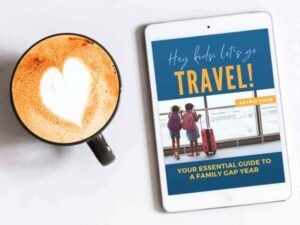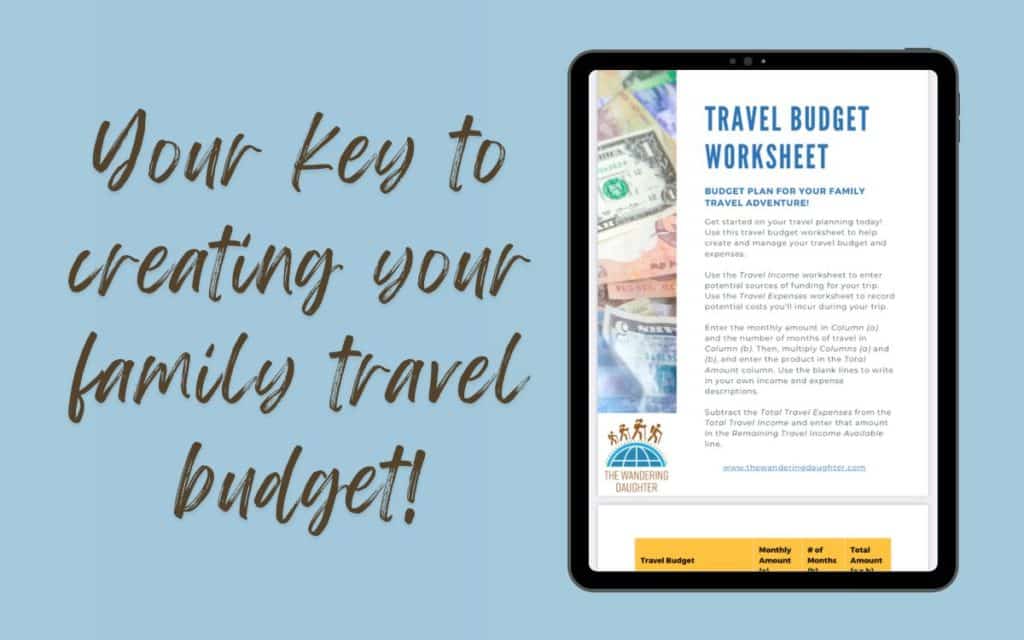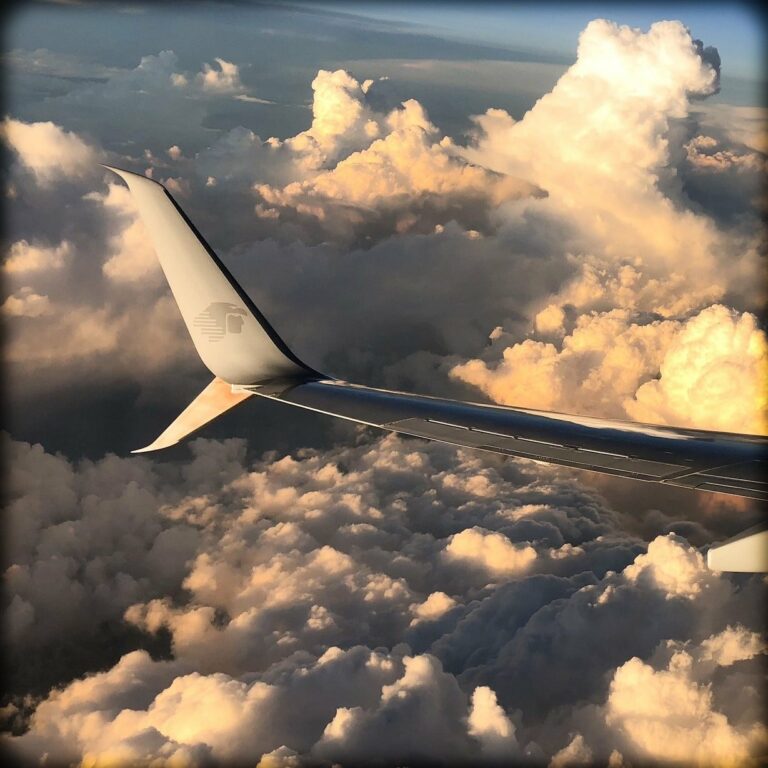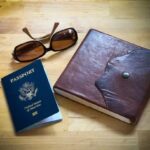7 Simple Tips For Fasting While Traveling: Tips for Traveling During Ramadan
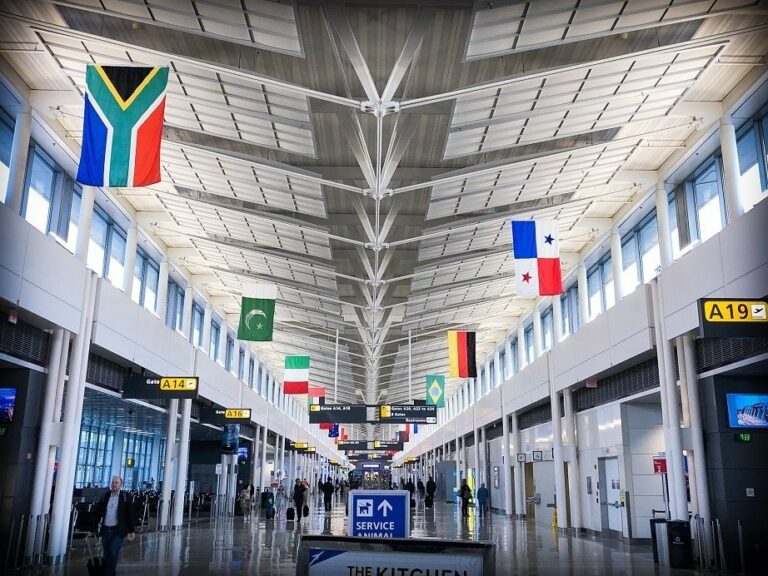
I always look forward to the month of Ramadan, no matter where I am in the world. Whether I’m at home with my family, or fasting while traveling, I truly enjoy this annual opportunity for introspection and reflection.
If you know me well, or have read previous posts from my blog, you’ll know that I’m a Muslim. While I don’t pray five times a day, and have not yet done my pilgrimage to Mecca, I do my best to follow the other Islamic pillars of faith: belief in one God (Allah), fasting during Ramadan, and giving alms to the poor (zakat).
Ever since I was little, I have always observed Ramadan. And even when I'm doing long term travel, I try to fast during the month.
This post was updated on March 23, 2023.
This post may contain affiliate links. That means I may receive a small commission if you click on the link and purchase something. But don't worry, this will not result in any extra costs to you.

What is Ramadan
So what is Ramadan? Ramadan is the ninth month in the Islamic calendar. It was the month that the Quran (Islam’s holy book) was revealed to the Prophet Muhammad.
For those of you unfamiliar with Islam, you can take a read through the Everything Understanding Islam Book to get a primer on Islamic beliefs. Many Muslims use this month to read through the Quran as a way to renew their faith and belief each year.
Muslims follow a lunar calendar, so the dates of Ramadan always shift. It falls approximately eleven days earlier each year. The month itself starts from the first sighting of the new moon, and lasts until the next new moon, roughly 30-31 days.
During this whole time period, Muslims abstain from eating from sunrise to sunset. They have a breakfast, called sahur, before the sun rises. And the fast is broken at sunset with a meal called iftar.
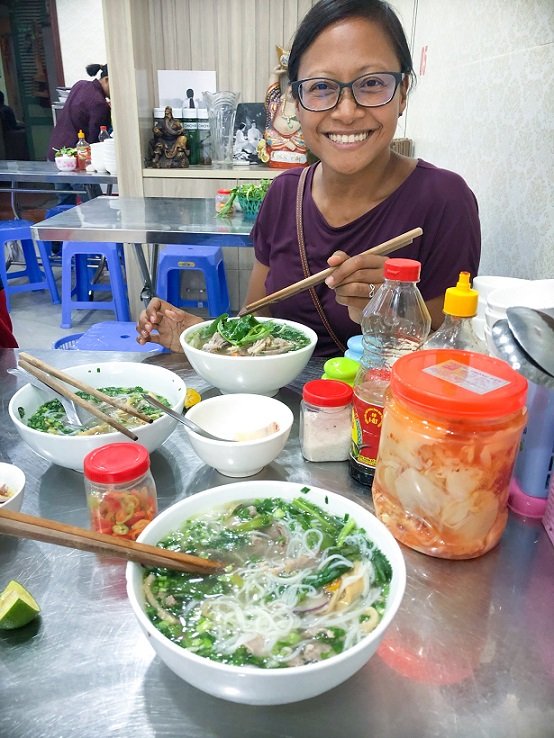
Communal benefits of traveling during Ramadan
Although you may think this time of year is a time of hardship for Muslims, it’s also a time of celebration. If you happen to be traveling during Ramadan and you find yourself in a Muslim community, you’ll see the streets come alive during and after iftar.
Families and friends will share iftar meals together. And as part of our obligation as Muslims, we must provide alms to the poor before the month is over. When I’m fasting while traveling, I like to give my zakat to non-profit organizations in the places I visit. But generally, Muslims are encouraged to give zakat to local food banks or their mosques.
Fasting creates a sense of solidarity with those who are less fortunate. Even when I’m fasting while traveling abroad, the act of it helps me empathize with what those in need experience on a regular basis. It helps my kids and me understand our privileges better.
Looking for more tips on air travel? Click here.
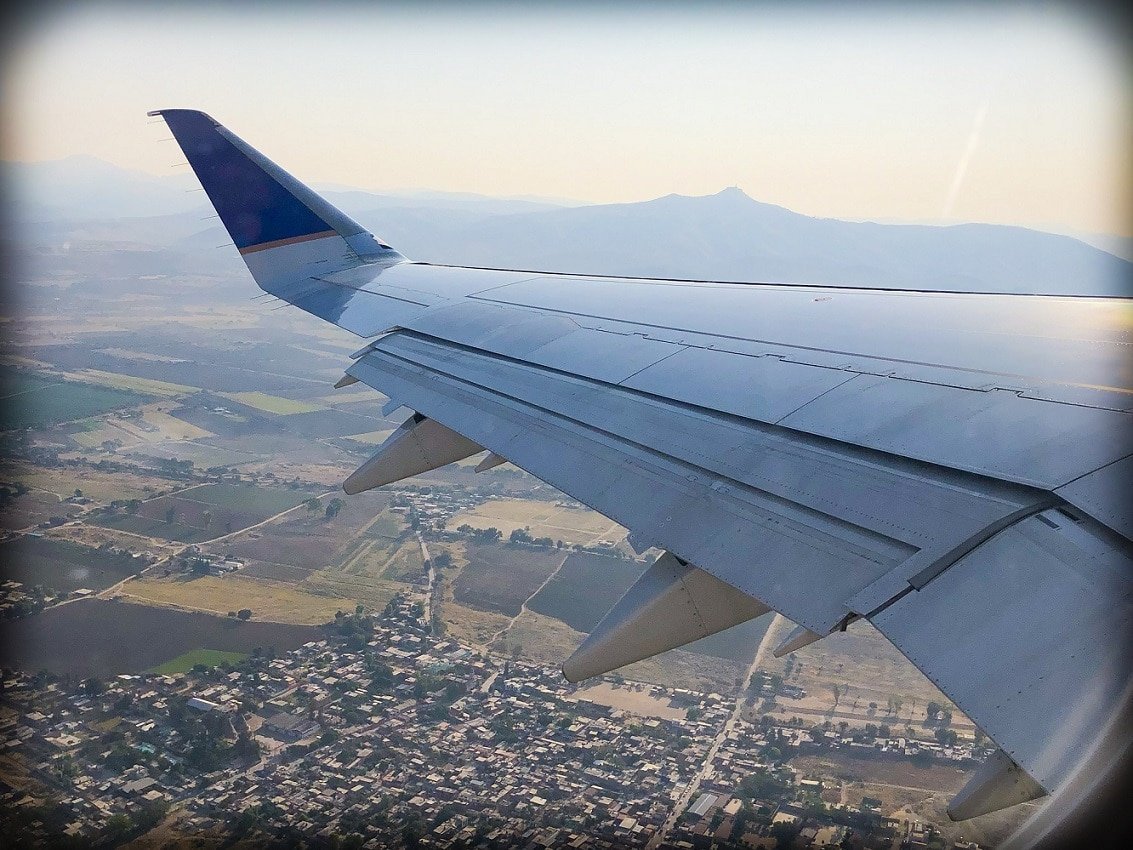
Fasting while traveling Islam rules
You might be asking yourself, “do you have to fast on holiday or on vacation if you’re a Muslim?” The short answer is, “not if it’s going to be a hardship on you.”
Contrary to popular belief, Islam is not a totally restrictive religion. Even though it may have rules regarding diet (no pork) and worship (separation of men and women), the rules on fasting still center around your own personal health and well-being.
The rules of fasting instruct that only those whose health is strong enough to handle the fast can fast. That means, if you’re sick, if you’re a young child, if you’re menstruating, or even if you’re pregnant, you’re exempt from fasting. Essentially, if the act of fasting puts your health at risk, then don’t do it.
When it comes to fasting while traveling, that exemption also stands. If you’re a Muslim who is traveling during Ramadan, you can postpone your fast until a later time when you’re done traveling. This ensures you stay healthy while you travel.
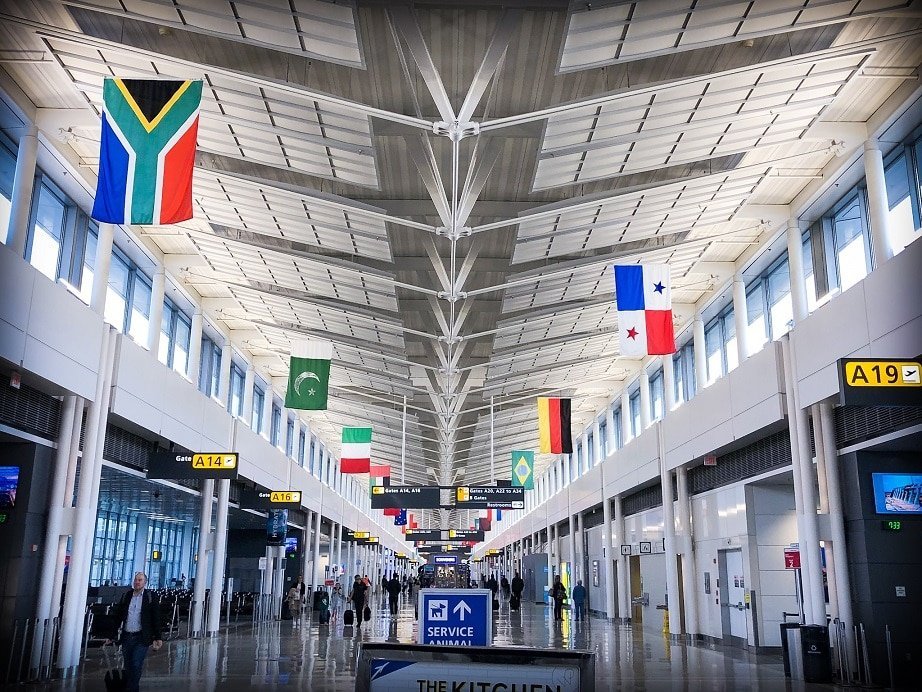
Fasting while traveling in the modern age
The no fasting while traveling rule stems from the early years of Islam, when Muslims would have to travel through deserts for days at a time, with no water or food in sight. Since the possibility of food wasn’t always a guarantee, fasting was literally a health risk.
These days, travel is a lot less difficult, but it can still be challenging to find meals when you’re on the road. That’s why the exemption still exists, to give travelers one less thing to worry about.
For me, since we mainly slow travel, our days are actually quite routine. It’s not any more challenging for me to be fasting while traveling than if I were doing it at home.
The main challenge comes during active travel days, when we’re taking long haul flights. Another challenging time is when we have food-related activities that can’t be scheduled for the evening, like the culinary walking tour of San Miguel, Mexico we did in 2019. Those types of days make it difficult to fast while traveling.
During those instances, it’s helpful to be able to fall back on the exemption for fasting while travelling.
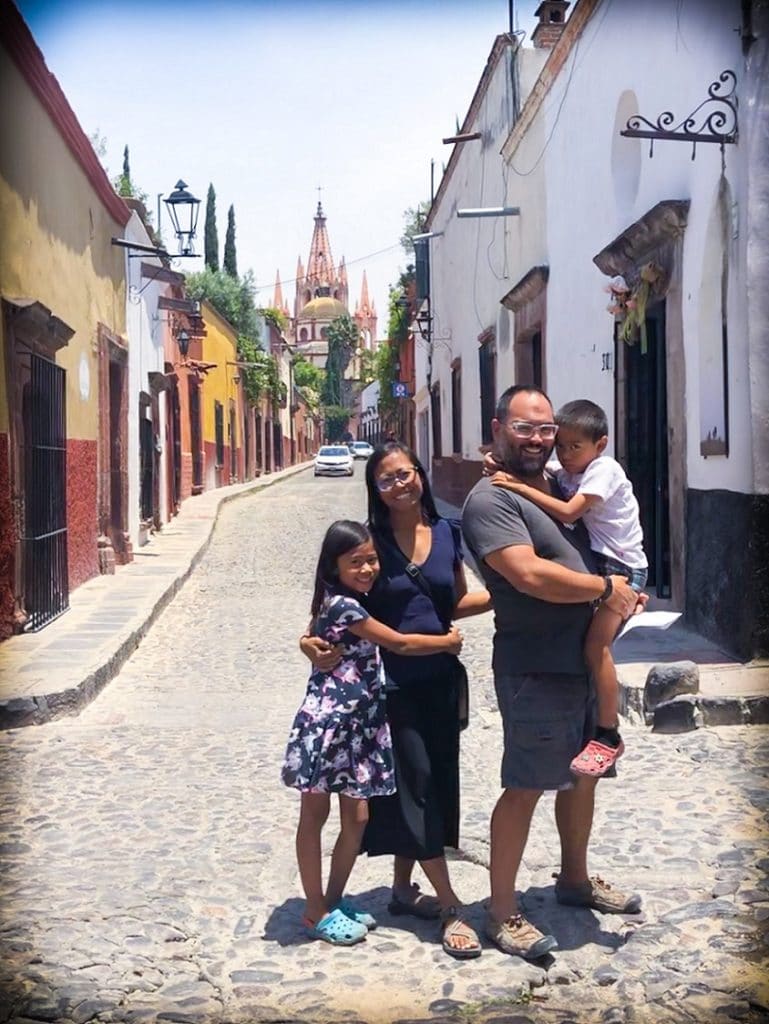
Seven fasting while traveling Ramadan tips
If you do choose to do a fasting vacation, know that fasting while traveling abroad doesn’t have to be a difficult thing. The key is to stay prepared.
In all my years of fasting while traveling, I’ve picked up a few tips to make travel during this time of year relatively smooth for me. As a note, even if you’re not Muslim, and doing intermittent fasting while traveling, many of these tips will be very useful for you.
If you are Muslim (or traveling with a Muslim), here are a few of my tips to help you get through traveling during Ramadan.
1. Allow yourself some flexibility
As in any travel situation, an important trait to have is flexibility. In travel, you never know what might happen. For example, Muslims usually break their fast with a date. But if you’re traveling to a place where dates aren’t readily available, choose something else to break your fast.
Or perhaps you were planning to have an iftar meal at a certain place, but your travel plans are delayed. You’ll need to improvise and find a place to break your fast on the go.
Similarly, if you’re a traveler visiting a Muslim country during Ramadan, be flexible in your meal times. Restaurants will most likely be closed during the day, so plan your day accordingly.

2. Put your health first when you're fasting while traveling
As I mentioned before, if fasting puts your health at risk, then don’t do it. Fasting while traveling can be a challenge because your body is already exhausted from the physical act of traveling. Adding a fast to that exhaustion can sometimes make things worse.
Stay aware of your body, and make sure that you’re not jeopardizing your health by fasting while traveling abroad. If you find yourself feeling light-headed or with extremely low energy, hold off on fasting and make-up for it when you’re done with your trip.

3. For long haul flights, pre-plan your fasting schedule
Long haul flights pose a big challenge for fasting while traveling. This is especially true if you’re changing time zones or if your flight lasts for several hours.
I’ve tried various strategies for fasting when travelling on a plane. One strategy is to choose one time zone (either your original time zone or your destination time zone) and base your fasting hours off of that. Another strategy is to start fasting at sunrise of your place of origin and end at sundown at your destination.
There are pros and cons to either of these options. And again, the best one is what feels right for you. If you’re in doubt, skip that day and make up for it at a later time after your journey.
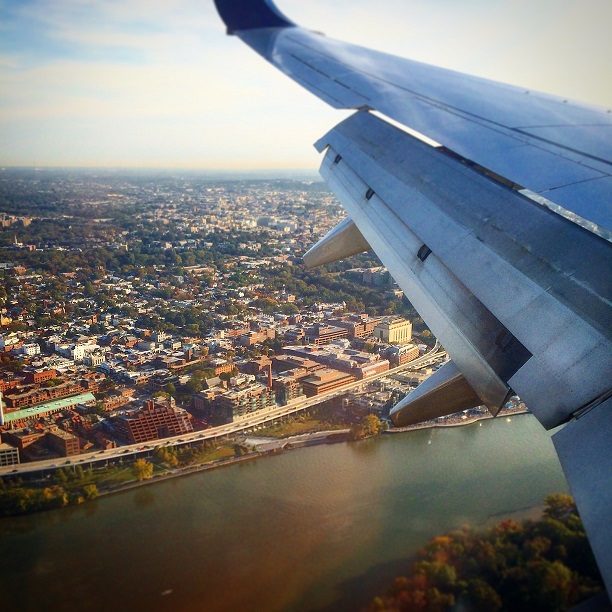
3. Choose breakfasts that are high in protein
Travelers don’t always have access to food when they’re on the road, and making yourself breakfast in the morning can be somewhat of a challenge. If you’re fasting while traveling, try to choose foods that are high in protein for sahur. This will help keep your appetite at bay throughout the day.
I like buying snacks like beef jerky or nuts to ensure I have some protein on hand. If your hotel room doesn’t have a microwave or a fridge, you might even want to just buy a jar of peanut butter and a loaf of bread to eat for the mornings.
You might want to consider packing some of these protein bars for your trip, to ensure you have something to eat for sahur:
KIND Bars, Caramel Almond & Sea Salt
CLIF BARS - Energy Bars - Chocolate Chip
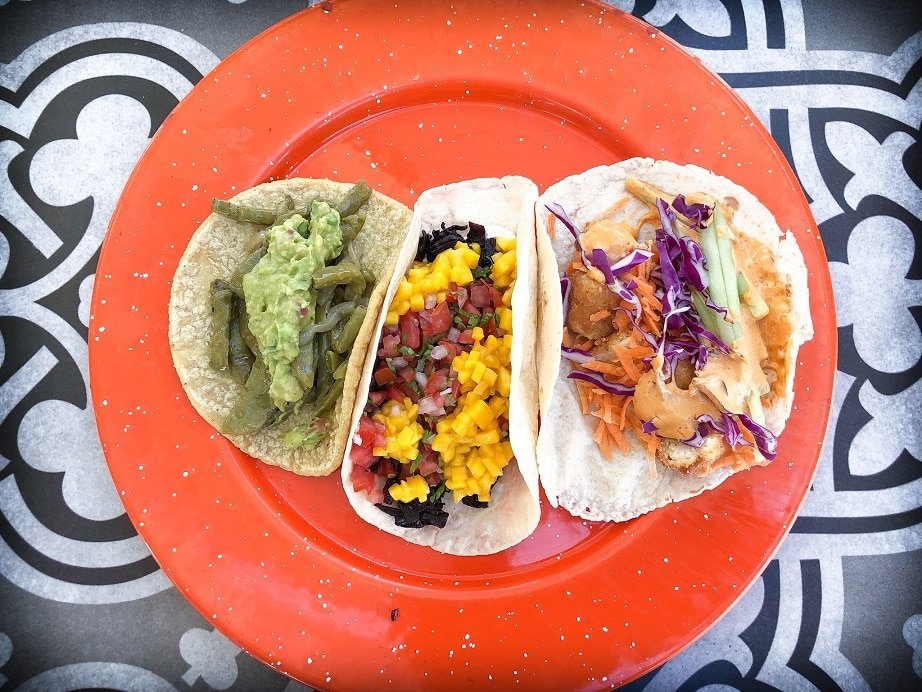
4. Don’t overexert yourself when you're fasting while traveling
Traveling can often involve a lot of physical activity: hiking in a forest, swimming in the ocean, climbing up ancient monuments.
If you’re fasting while traveling, though, try not to over exert yourself. Even walking through a city and sight-seeing can take its toll if you haven’t eaten food or sipped water for the whole day.
Listen to your body. If an activity feels too much physically, stop and do something else.
Here's the one thing we always travel with to make sure we’re healthy and safe!

6. Time your evening meals to when you’re breaking fast
When you’re traveling, you might not always have control of your schedule. But if you’re fasting while traveling, try to plan your evening meals around iftar, the time of breaking your fast.
Iftar is always a festive time for Muslims. That’s when we celebrate the end of a day’s fast, and share meals with others as appreciation for what we have. If you’re traveling with non-fasting travel companions, invite them to have an iftar dinner with you and make the evening meal celebratory.
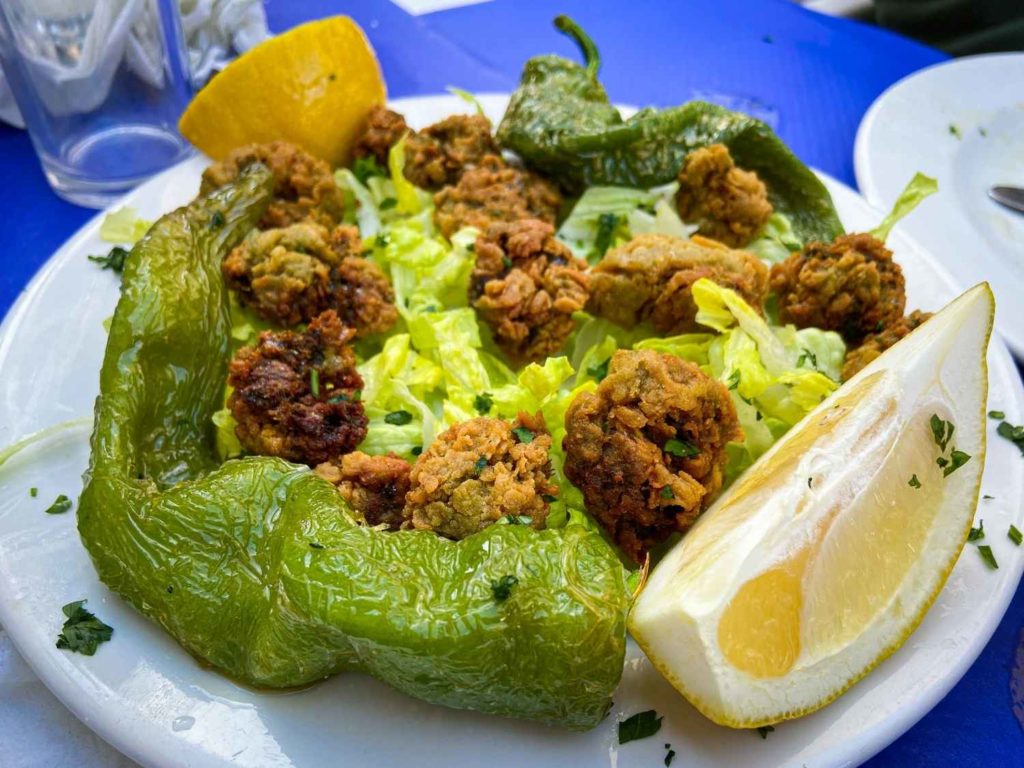
7. Communicate your fasting needs with non-fasting travel companions
The majority of the time, I’m the only Muslim traveling in my travel group (my husband is not Muslim and my kids are still choosing what faith they want to follow). So it’s very important for me to communicate my fasting needs with my non-fasting travel companions.
One of the most important things is to be clear about when you’ll be eating and when you’re not going to be eating. If being around food when you’re fasting while traveling bothers you, plan a separate activity during your travel companions’ day time meals and plan to join up with them again later. Likewise, if you need time for extra prayer, make sure to communicate that to your travel companions.
Additionally, be clear about any food-related needs you may have to ensure you have something to eat for sahur. In my experience, my travel companions are more than happy to help me get my fasting needs met. And it’s a great way to share a little bit about my culture with them.
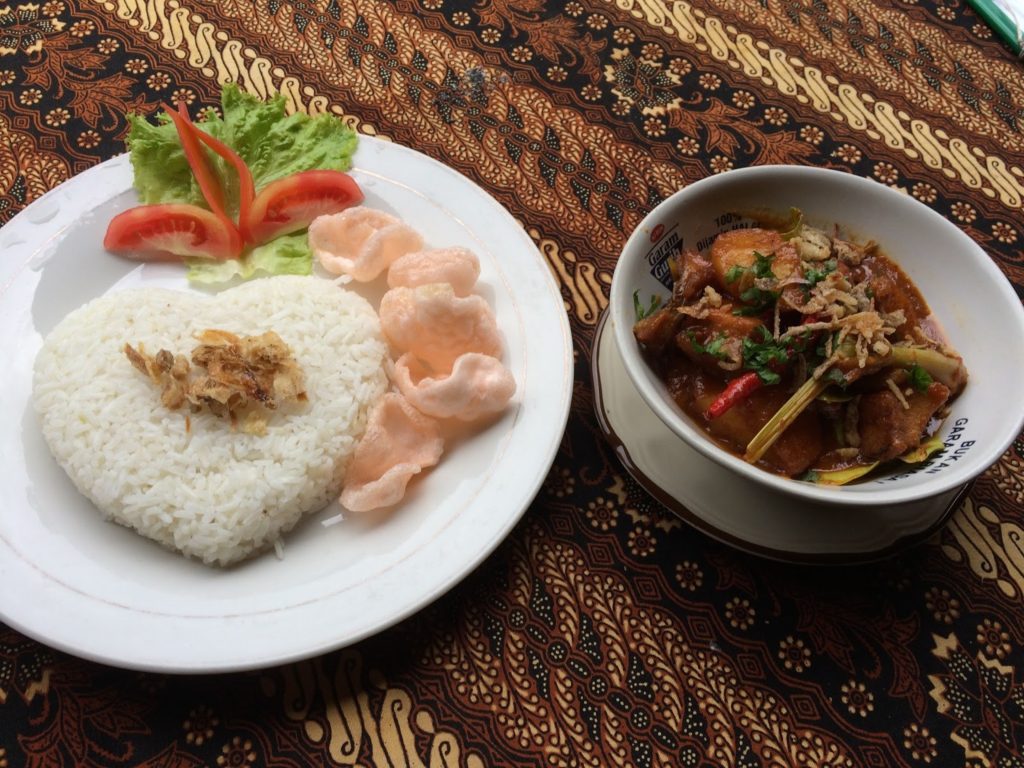
Bonus: Give your kids the choice to join in on fasting while traveling (if they’re able to)
As a homeschooling and worldschooling mom, my philosophy towards teaching my kids has always been to expose them to things, but let them make the choice whether to adopt it or not. The same goes for religion.
I have always been open about sharing my faith with my kids, but I also don’t expect them to adopt it if it’s something they don’t feel called to follow. So when it comes to fasting while traveling with kids, I give my kids the option to join in on the fast, if they feel able to and want to.
That said, my kids have joined me in fasting while traveling in Mexico, Italy, Vietnam, and Southern California.
Depending on their age, they can do a half day’s fast. Or if they’re older, they can do a full day’s fast from time to time.
My advice about not over-exerting yourself and making sure you stay healthy is doubly true for kids. Make sure to keep your kids’ health in mind, if you’re letting them participate in fasting while traveling.

Fasting while traveling abroad
Ramadan is a time for humility and reflection. Take this time to incorporate the lessons you learn from travel into your spiritual practice. And find opportunities to give back or support the communities that you visit on your travels.
For Muslim travelers, fasting while traveling abroad doesn’t have to be challenging. With some flexibility and a little planning, you can still practice your faith and explore the world.
One of the things I love about this month is that it offers me an opportunity for reflection. Add travel to that, and you have a truly meaningful and memorable experience. Ramadan and travelling can actually complement each other quite well!
Have you participated in fasting while traveling? Share them in the comments below.
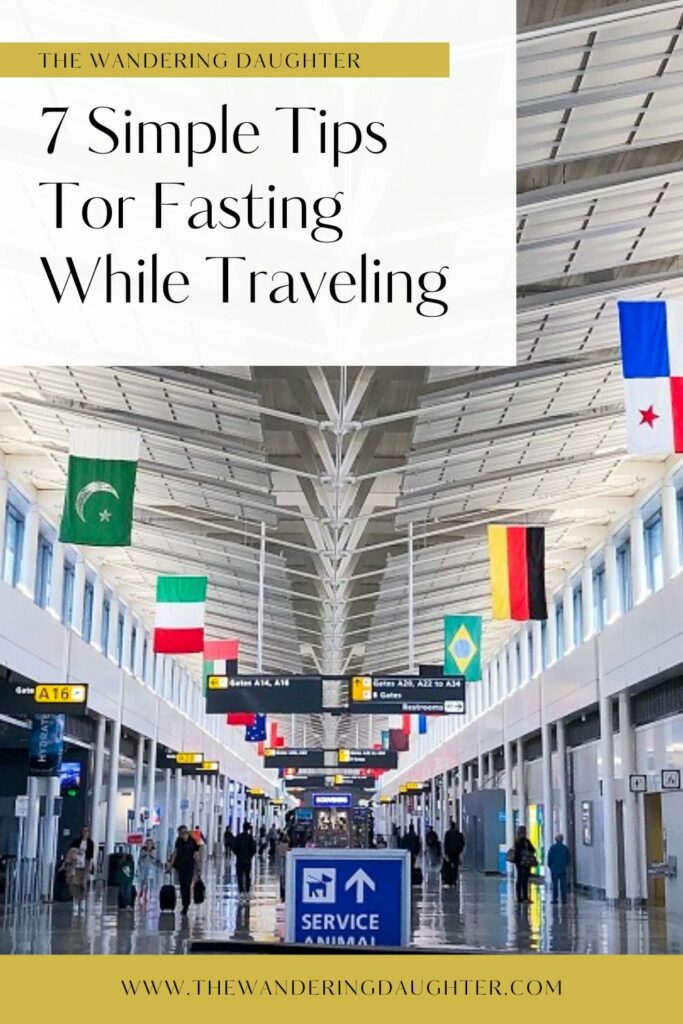
Need help thinking through how to budget for a family trip? My Travel Budget Worksheet is just the tool you need! Click here to receive your free copy by signing up for my newsletter.
Want to connect with me on social media? Find me on Facebook, Instagram, Pinterest, and Twitter. And for those of you who are dedicated to traveling more responsibly, sustainably, and ethically, join over 500 like-minded families on my Facebook group, Responsible Family Travel.

